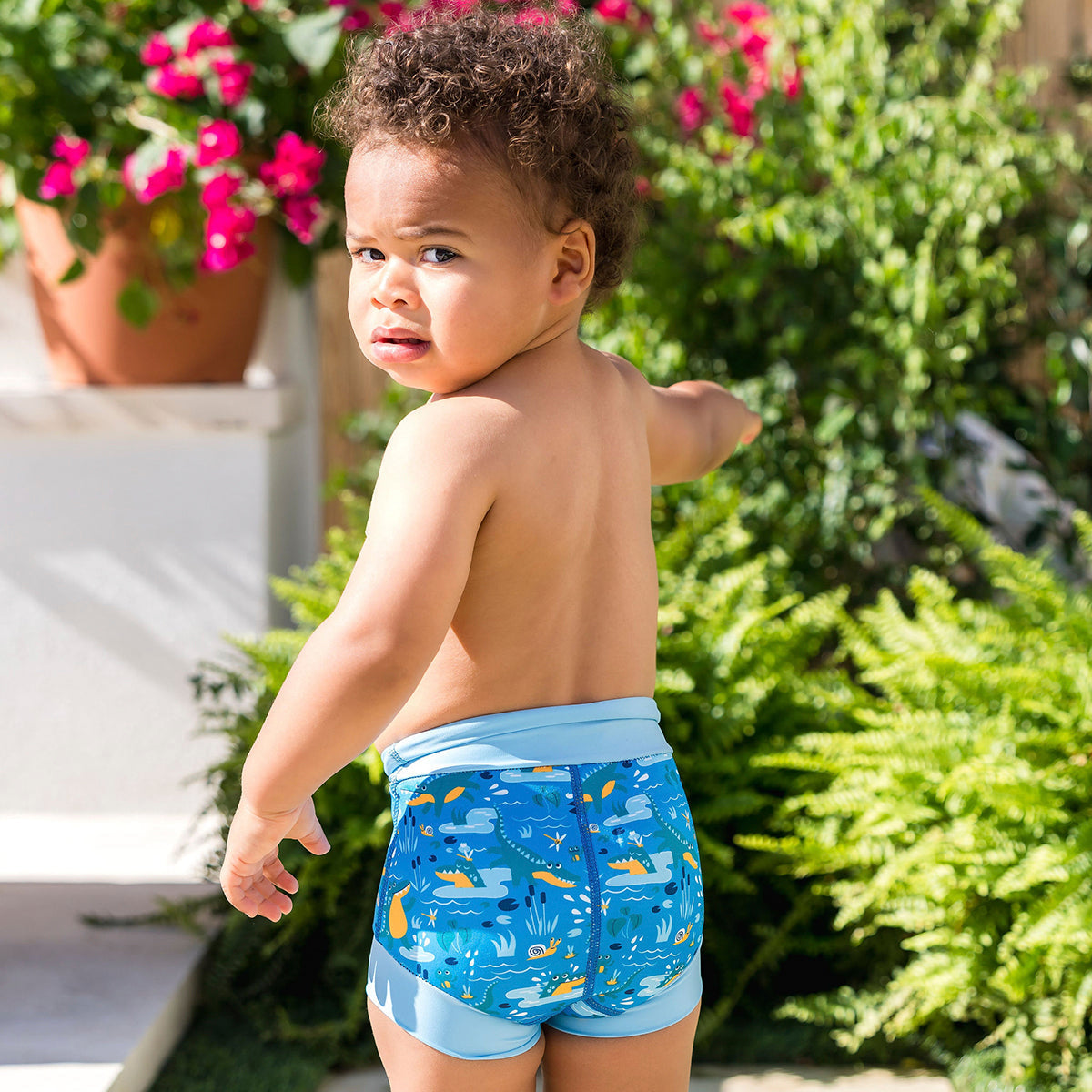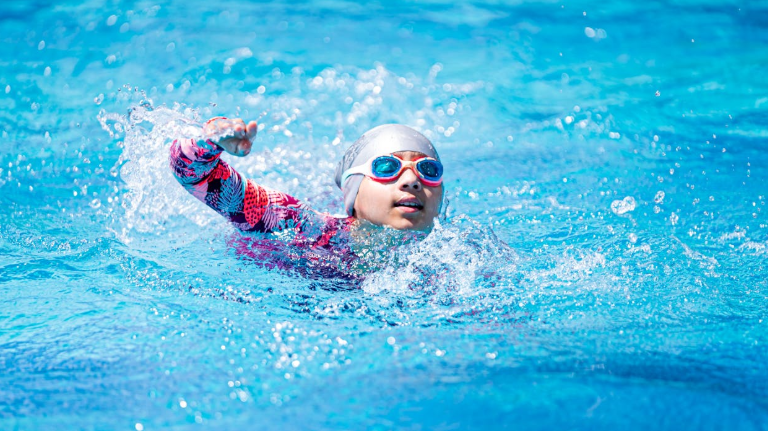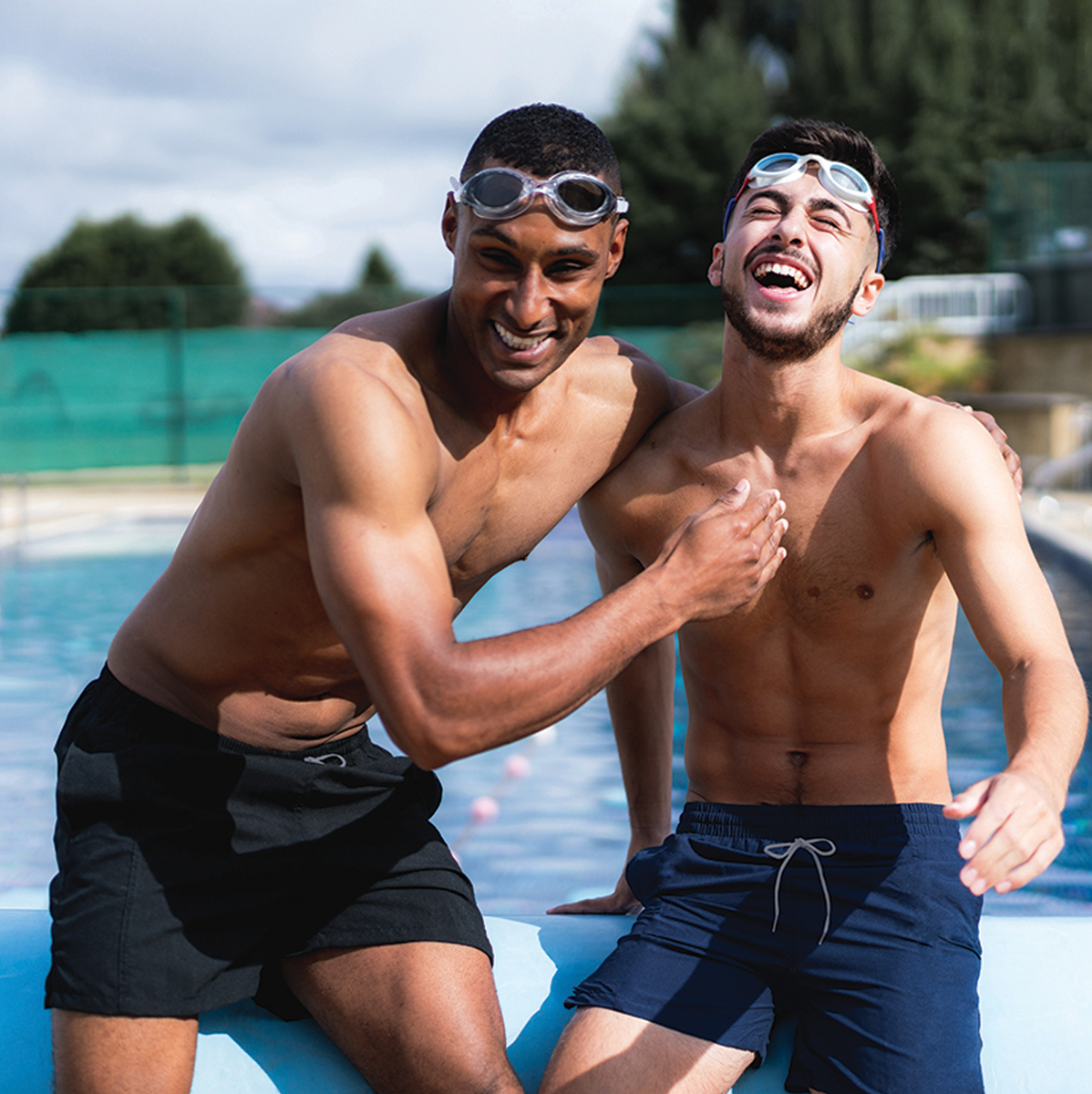Dear Splashy: My Toddler Screams at Lessons – Should I Stop Going?
First, take a deep breath, you're absolutely not alone in this situation! Swimming lesson meltdowns are incredibly common around the 18-month to 3-year mark, and what you're experiencing is completely normal toddler behaviour, not a reflection of your parenting or your child's future relationship with water.
Why Toddlers Suddenly Resist Swimming
At two years old, your little one is developing a stronger sense of autonomy and control. What once felt exciting might now feel overwhelming as their awareness of their surroundings has heightened. This phase often coincides with general separation anxiety and a need to assert independence. The pool environment can feel particularly intense to a sensitive toddler with its echoing sounds, splashing, and group dynamics.
Should You Stop Lessons?
Rather than stopping completely, consider a temporary step back with a gradual reintroduction approach. Taking a complete break might reinforce current negative associations, making it even harder to return later. Instead, try these strategies:
-
Visit the pool during quieter family swim times without the expectation of formal lessons. Let your child observe from the poolside, splash their feet, or simply play nearby. This helps rebuild positive associations without the pressure of structured activities.
-
Speak with your swim instructor about allowing them to sit poolside during lessons, gradually participating only when they choose. Many experienced instructors are brilliant at gently coaxing reluctant toddlers back into the water through games and patience.
-
Sometimes a different class time, smaller group, or even a temporary switch to one-to-one lessons can make all the difference. Morning lessons often work better for toddlers than afternoon sessions when they're more tired and overwhelmed.

Rebuilding Water Confidence
Focus on making water fun again outside of formal lessons. Bath time can become an extended play session with our Bath & Pool Toys. Paddling pools at home can help rebuild enthusiasm in a lower-pressure environment.
Consider whether their current swimwear is comfortable and familiar. Sometimes toddlers develop strong preferences, and switching to a favourite swim outfit can provide comfort. A cosy Warm In One™ wetsuit might help them feel more secure and comfortable in cooler pool environments, whilst the familiar Happy Nappy Duo™ system ensures both of you feel confident about any little accidents.
Managing the Social Pressure
Those staring parents? They've likely been exactly where you are, even if they don't remember it clearly! Most experienced swimming parents understand that toddler phases come and go. Focus on your child's needs rather than others' perceived judgments.
Consider explaining the situation briefly to your instructor and other regular families. You'll probably find several parents sharing similar experiences and helpful strategies.
When to Seek Additional Support
If the resistance extends beyond the pool to other previously enjoyed activities, or if your toddler seems genuinely distressed rather than just assertive, it might be worth discussing with your health visitor. Underlying issues like ear infections or sensory sensitivities can sometimes manifest as sudden activity refusal.
Last but Not Least
Don't give up entirely, but do give them time and space to work through this phase. Many children who go through exactly this pattern at age two become confident, enthusiastic swimmers by age three or four. Your consistency and patience now (even if it means slower progress) will pay off later.
Remember, learning to swim isn't just about the physical skills; it's about building a lifelong positive relationship with water. Sometimes the most important lesson is that it's okay to feel scared, and that trusted adults will support you through difficult feelings without forcing you beyond your comfort zone.
Swimming lessons will still be there when your little one is ready to return properly, and this early foundation won't disappear during a brief, gentle break.
Keep splashing (even if it's just tiny splashes for now!)




